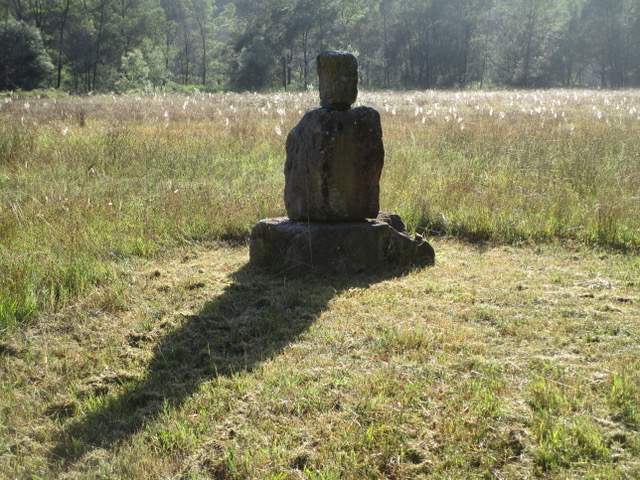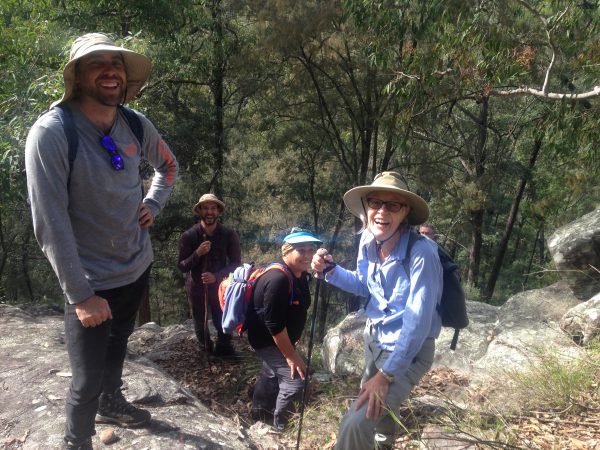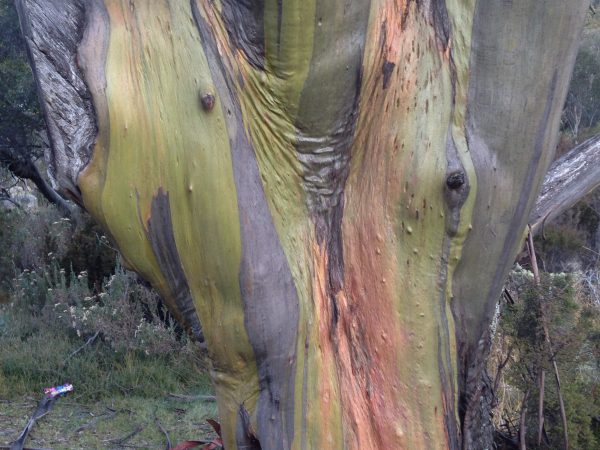Save a Ghost

In our Miscellaneous Koan collection there is a koan that asks us to “Save a ghost”. It offers us a rich contemplation on the nature of salvation, and what manifesting that salvation for others looks like.
The great vow of saving the many beings means bringing forth our practice, which in turn means actualising the Bodhisattva path and responding to each moment with wisdom and compassion. This koan invites us to present how this is done.
“Save a ghost” challenges our usual understanding of being and relationship. Although a rather strange request, I assure you the ghosts here are very real, and if we’re serious about practice we will most definitely come face to face with them. Saving the many beings involves deep intimacy and is not simply just a matter of leaving offerings on the altar. In taking up the vow of saving ghosts in Zen practice, we do it in the spirit of non separation. Right now, ultimately not a single thing is left out, yet when we vow to leave nothing or no one out, we acknowledge a unique approach that can still decipher differences, and therefore suffering in the world.
Ghosts aren’t the most desirable beings to come into contact with, nor are they usually in a positive state of mind or existence. At the root of their circumstance is greed, hatred, ignorance and a host of undesirable circumstances we would rather not have to deal with. Their story is usually presented with how they’ve created a decent chunk of bad karma for themselves, and can’t escape that karma without the help of an external power. Unable to save or satisfy themselves, they need help with that, and across the various Buddhist cultures we find many festival rites that are said to ease their suffering and offer nourishment.
But most ceremonies, however well intended to help others, can end up being reflected forms of the power they once had. The original intent and power of a rite soon passes into oblivion, and these rites can become ghosts themselves. We do this with our everyday life too. The simple act of having a cup of tea or sweeping the leaves becomes a ghost of the potential that act truly offers us.
Visions of ghosts also feed into our shadow side, those parts of ourselves that become cast out of our usual lived reality. Active in dark places, lost in some in-between world, yet at the same time always with us. Here we may ask what in our own lives needs saving?
What saves the ghost is the realisation of one not seeing them as separate at all, which after all is the great realisation of our practice. When Buddha Shakyamuni attained the Way upon seeing the morning star, he said, “I and all beings of the great earth have in the same moment attained the Way”. Right there Shakyamuni saved all ghosts everywhere. In the Great Vows we chant, “The many beings are numberless, I vow to save them”, then we say, “Greed, hatred and ignorance rise endlessly, I vow to abandon them”. There might seem like there’s some contradiction there, but what it really means is that our practice never really has an end point.
Realisation has no beginning or end, that’s why the Buddha’s realisation is ours too, and also why it’s able to save the many ghosts we encounter each day. It saves a ghost because it is wholly other and reaches everywhere, but it doesn’t mean that the others’ suffering will vanish. That other will however meet someone that won’t turn away from their suffering, and this also applies to saving ourselves.
Realisation doesn’t really change us so that we become utterly “free from suffering”. We can still suffer, but we have a different relationship with our suffering, one that gives it acknowledgement and awareness to work itself out in the boundless holding of our hearts.
These Encouraging Words were written by apprentice teacher, Peter Bursky for the SZC February/March 2023 Newsletter.






